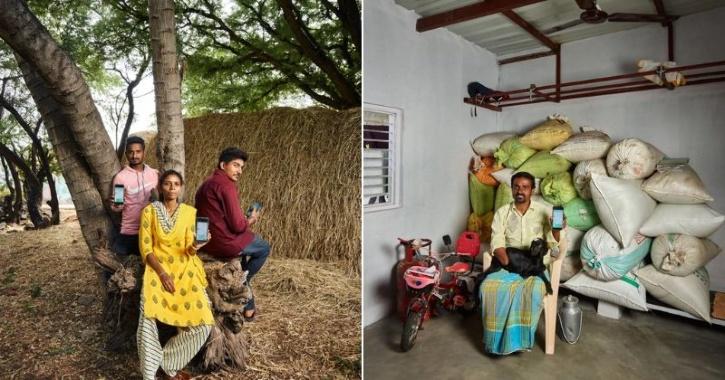TL;DR:
- An Indian startup, Karya, utilizes AI to empower rural Indians, offering income opportunities through an app that leverages their native language, Kannada.
- Karya stands as the world’s first ethical data company, redirecting profits to support the rural poor and historically marginalized communities.
- Workers gain de facto ownership of the data they generate, ensuring they receive a share of proceeds when data is resold.
- Karya’s impact extends beyond financial gains, providing better access to technology, including AI, for speakers of underrepresented languages.
- Founder’s vision aims to benefit 100 million people by 2030, fostering poverty reduction and wealth redistribution.
Main AI News:
In the heart of rural India, a powerful force of technology-driven change is empowering individuals with newfound economic opportunities. Among the beneficiaries is Chandrika, a 30-year-old school teacher residing in the quaint village of Alahalli in Karnataka. Not long ago, she had a mere Rs 184 in her bank account, but a revolutionary app has changed her fortunes.
This app harnesses the power of artificial intelligence to transform the lives of rural Indians like Chandrika. By leveraging her voice to read the text in her native language of Kannada, Chandrika has earned a remarkable hourly wage of about Rs 400. Gone are the days of waiting until the end of the month for her salary. With this app, the money is swiftly deposited into her bank account within hours of completing her tasks.
The Driving Force: Artificial Intelligence
The success story of Chandrika and many others owes much to the marvels of artificial intelligence. AI tools, like ChatGPT, have significantly advanced in languages like English. However, challenges persist when dealing with regional languages such as Kannada, spoken by millions of people in India. Consequently, there is an increasing demand for datasets in languages spoken by economically disadvantaged communities, creating a valuable asset—their mother tongues.
Indian Startup Karya: An Ethical Data Company
To address this pressing need and drive positive social change, an Indian startup, Karya, emerged as a guiding light. Founded in 2021 in Bengaluru, Karya distinguishes itself as “the world’s first ethical data company.” With high-profile clients like Microsoft, MIT, and Stanford, Karya stands out by putting its profits to noble use. Instead of focusing on maximizing gains, the startup channels surplus funds to uplift rural communities in India.
Karya partners with local NGOs to ensure that the poorest and historically marginalized groups have primary access to job opportunities. By providing workers with de facto ownership of the data they generate, Karya empowers them further. When the data is resold, workers receive a share of the proceeds, significantly augmenting their earnings. This innovative approach sets Karya apart as a pioneer in the industry.
Unlocking Technological Benefits for the Marginalized
Karya’s commendable efforts extend beyond financial empowerment. By focusing on Indian languages that are often overlooked in the digital sphere, Karya helps bridge the gap in access to technology, including AI. Millions of Indians, who primarily speak regional languages, can now envision a future where technology is tailored to their needs.
The Social Impact: A Powerful Vision
Although the work through the app is supplementary and not intended to be a permanent job, Karya has already made a significant impact. Workers like Kanakaraj S., a 21-year-old studying at a nearby college, have experienced transformational change. Kanakaraj used to earn Rs 350 a day as a casual laborer but now earns more in an hour through the app. With a sense of relief, he shares that the work is not only financially rewarding but also less physically demanding.
The visionary founder of Karya, Chopra, envisions reaching out to 100 million beneficiaries by 2030. This powerful social project seeks to expedite poverty reduction by redistributing wealth to the communities that have been historically left behind.
The Hope for Indian-Language AI
Beyond its immediate impact, Karya offers hope for Indian-language AI projects. By learning from the mistakes of English AIs, these projects can establish a more reliable and unbiased foundation. Kalika Bali, a Microsoft Researcher and a member of Karya’s oversight board, believes that AI technologies must cater to the users they target, regardless of their language or accent.
Conclusion:
Karya’s innovative approach to AI-powered income generation and data ownership has the potential to transform the market landscape. By addressing the language gap and focusing on social impact, Karya sets a precedent for other businesses to integrate technology ethically and drive positive change for underserved communities. The emphasis on inclusive AI can open up new opportunities, creating a more equitable market that caters to diverse linguistic needs.

